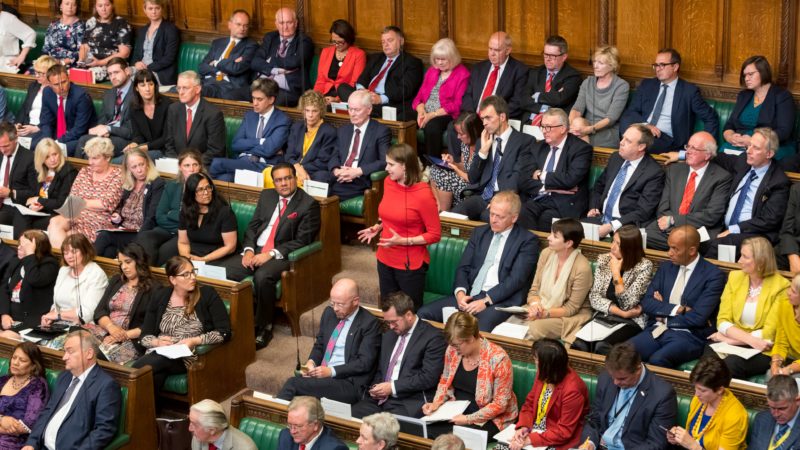
No party can claim to be a paragon of consistency on the ongoing Brexit saga with its twists and turns, and with many politicians surprised that public opinion has not rallied behind the result of the 2016 referendum but in fact shifted the other way. The Lib Dems, however, do try to claim that they have been united and consistent.
In fact, for all their claims about wanting to stop Brexit, the Lib Dems seem in practice to have given up on that, judging from their actions over the last couple of months. The Lib Dems have:
- Abandoned the common front of all opposition parties in favour of a public vote on any Brexit outcome (by saying that they would simply revoke Article 50 without a referendum, a position that is unlikely to command a majority).
- Opposed the idea of a vote of no confidence in Boris Johnson in order to set up an emergency government to oust him from Downing Street, because they refused to accept having Jeremy Corbyn in Downing Street – even for a few weeks, while dependent on their votes.
- Colluded with the government on dissolving parliament for an early election, just when the Commons had blocked Johnson from rushing through his deal, and there was a good chance of getting the numbers in the Commons to vote for putting the deal back to the public to break the Brexit deadlock. They knew that Johnson wanted an election first because he would lose a referendum but thought he might just win a general election on a third of the vote.
- Got a Remain-supporting tactical voting website to recommend voting for a Lib Dem candidate, even where the sitting pro-European Labour MP’s challenger is a Tory, thus increasing the likelihood of a pro-Brexit majority in the House of Commons.
Of course, they hope that presenting themselves as the most pro-European party in the general election will help take votes from Labour. They didn’t want a referendum to settle the Brexit issue ahead of the general election because such a path would remove that perceived electoral advantage. They put the party interest of getting a few extra seats ahead of the national interest. They cannot claim a moral high ground of putting party interests aside.
One claim that they frequently make is that they can’t trust Labour to oppose a Tory Brexit deal because a small number of Labour rebels voted for Theresa May’s deal and Johnson’s Brexit bill at second reading. They don’t point out that, thanks to Stephen Lloyd, over 8% of MPs elected as Lib Dems at the last election also voted for May’s deal (actually a higher proportion proportion than Labour MPs). Squabbling over “holier than thou” statistics is not helpful.
Only preventing a Conservative majority can stop Johnson from delivering his disastrous Brexit. By spending more time attacking Labour than attacking the Conservatives, helping the Tories defeat sitting Labour MPs in marginal seats, and weakening their commitment to a referendum on any Brexit outcome, the Lib Dems risk playing into the hands of the Tory Brexiteers.
Let us hope that, whatever happens elsewhere, no Labour voter in those close Lab-Con marginals will be tempted by Lib Dem propaganda to waste their vote and hand the seat to the Tories.




More from LabourList
Restoration announce recommendations for NEC candidates
‘Factionalism at the top is weakening Labour – and handing a gift to Reform’
‘Europe must stand strong on its own as US security guarantees grow conditional’